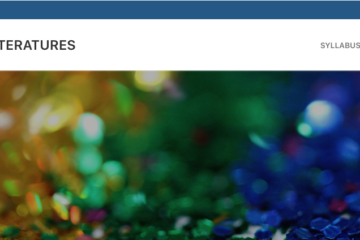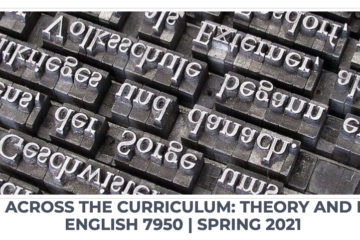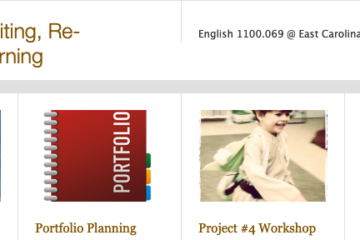English 7666 (Teaching English in the Two-Year College) provides graduate students in English studies a critical, theoretical, and practical space for thinking through the complex work of teaching English in a “community college” or similar setting.
The two-year college (or “community” college) in the United States has an interesting history, growing out of early 20th century pushes for pragmatic education beyond the high school level. Early two-year colleges, rooted firmly in local communities and contributing primarily to the local workforce, have historically been spaces for achieving two related thought distinct goals: 1) educating an intensely diverse group of non-traditional, older adult learners and 2) providing a “buffer” between high school and the four-year university for students who feel unprepared or underprepared, for a number of reasons, to succeed at the four-year school.
This course looks at the particular contexts and challenges that are inherent in the two-year college system as they apply to the teacher of English. “English” in the two-year college means, primarily, “composition” — developmental/remedial, basic, regular, advanced. But English teahers also have many other, though less frequent, options: introductory literature courses, language courses, film and theater courses, technical and professional writing courses, even rhetoric courses at more progressive schools.
Graduate students who plan to make a career of teaching (or at least a start) at the two-year college will find the discussions of this course particularly useful. Likewise, because the types of classes available in the two-year college so closely approximate those courses writing and English-as-general-education courses that students at four-year colleges and universities take, graduate students who plan to teach in four-year institutions can also benefit from this course.



0 Comments